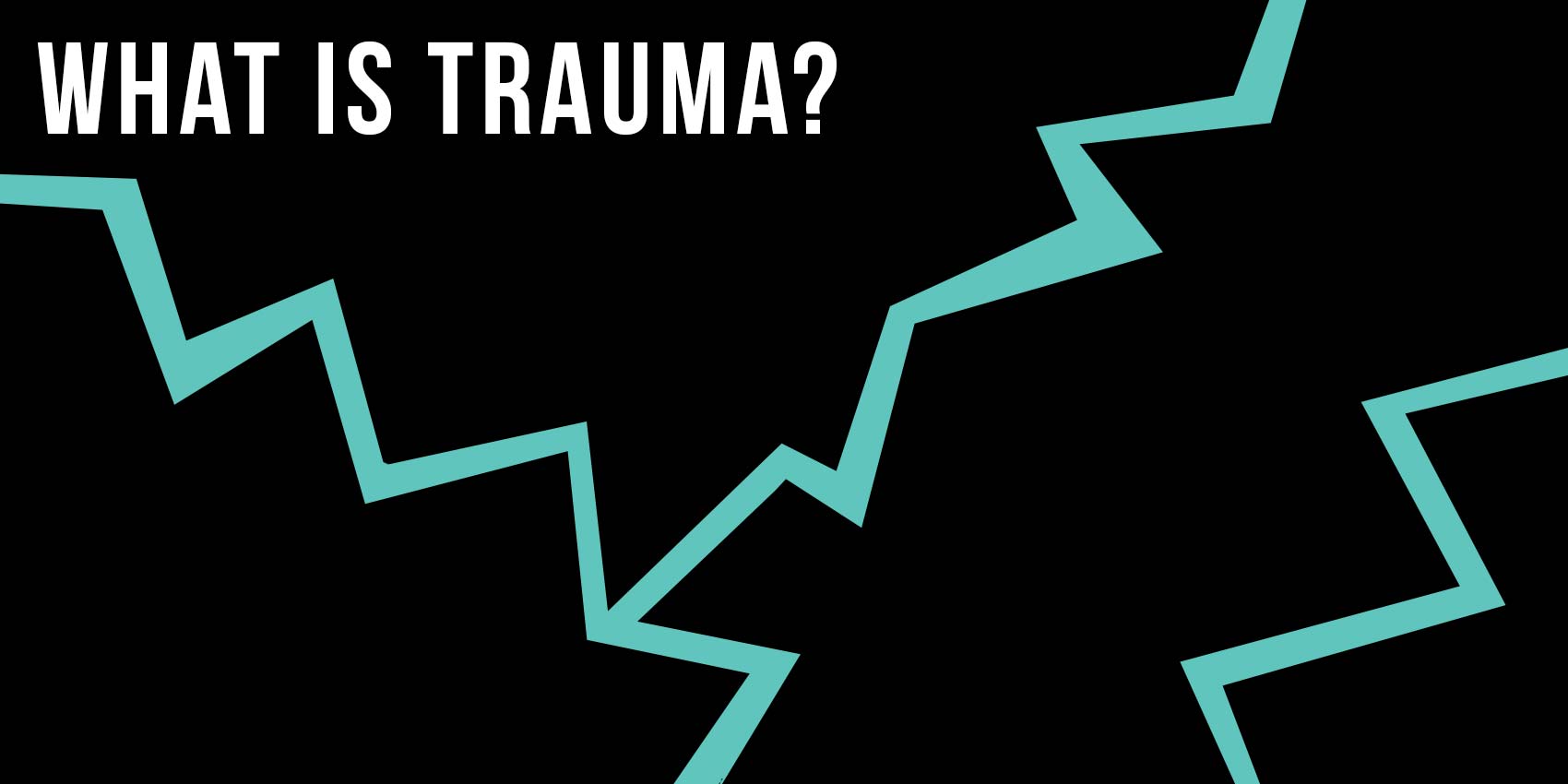27 Feb What is trauma?

Trauma results from a negative physical or psychological experience that has an enormous impact on a person’s sense of self and his/her beliefs about the world. Events that can lead to trauma often are unexpected and/or outside of one’s control.
trau·ma noun,
1.Pathology; a body wound or shock produced by sudden physical injury, as from violence or accident.
2.Psychiatry; an experience that produces psychological injury or pain.
b. the psychological injury so caused.
(www.Dictionary.com)
Traumatic events can dangerously affect our minds and bodies. Traumatic events produce profound and lasting changes in emotion, thoughts, behavior and memory. Trauma weakens our immune system, depletes (meaning lessens) our energy and decreases our confidence.
Many causes of trauma exist: abusive parents, partners or other people in our lives; an accident; prolonged (over a long period) neglect; violent catastrophes; catastrophic storms; and even poverty (Which can make people feel helpless) are all reasons for feeling traumatized. These are just a few examples. Many more exist.
Overall, trauma is broken down into two Types in order to offer the best treatment for the specific trauma:
Type 1 Trauma is a single negative incident that happens suddenly and often unexpectedly. For example, when Justine was eight years old she witnessed her family home burn to the ground after everyone was safely evacuated. Justine experienced a Type 1 Trauma; a one-time event, but a traumatic one at that!
Type 2 Trauma is repeated exposure to negative events either as a witness or a victim. For example, Stephanie had a boyfriend who would be physically abusive to her. On several occasions he hit her so hard she was knocked unconscious. On another occasion she had to go to the Emergency room for stitches. Stephanie experienced a Type 2 Trauma in that his abuse was repeated over time.
The two examples with Justine and Stephanie also illustrate that trauma can be physical and/or psychological.
Psychological trauma is trauma to your mind. Justine felt psychological trauma after her house burned down. Though no one was hurt, just knowing that people could have died, even herself, and watching her home in flames, was enough to make her scared of fire. This fear is the psychological scar left behind from the fire incident. For years following the event, even lighting a match triggered a fear response reminding her of the initial trauma.
Physical trauma is caused by an external source that does damage to your physical self. You may experience a concussion – this is trauma to the brain. You may be in a car accident and your body feels trauma in many places. Stephanie experienced physical trauma on her body when she was repeatedly abused by her boyfriend.
However, even though Stephanie’s trauma was physical, trauma, by definition, affects a person psychologically. So all trauma has a psychological impact, but some trauma is caused by a physical event.




Wlkhs1103
Posted at 12:36h, 15 OctoberMy dad suffered from pyscholocigical trauma when he was a kid because he always wanted to go on vacations but he parents would not take him so now he tries to go on as many vaccations as possible.
WLKHS2218
Posted at 15:34h, 08 MarchI could talk about two people here, but I don’t know the extent of the first person’s emotions or about their trauma. The second person’s house burned down when they were little and I think she fears that it could possibly happen again in her new house, which she moved into recently from a temporary apartment. The last thing I will say is that I feel that the word “trauma” carries this type of severity with it that makes it hard to know if you are appropriately applying it to a certain situation, even if it truly is trauma.